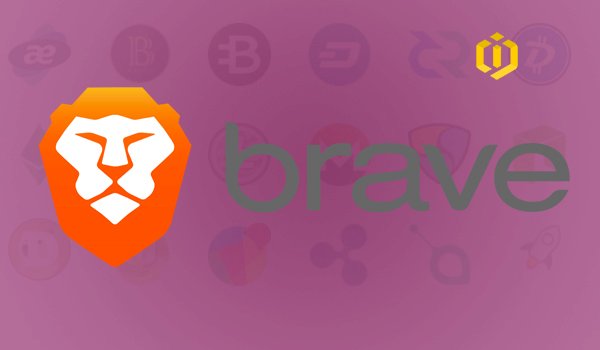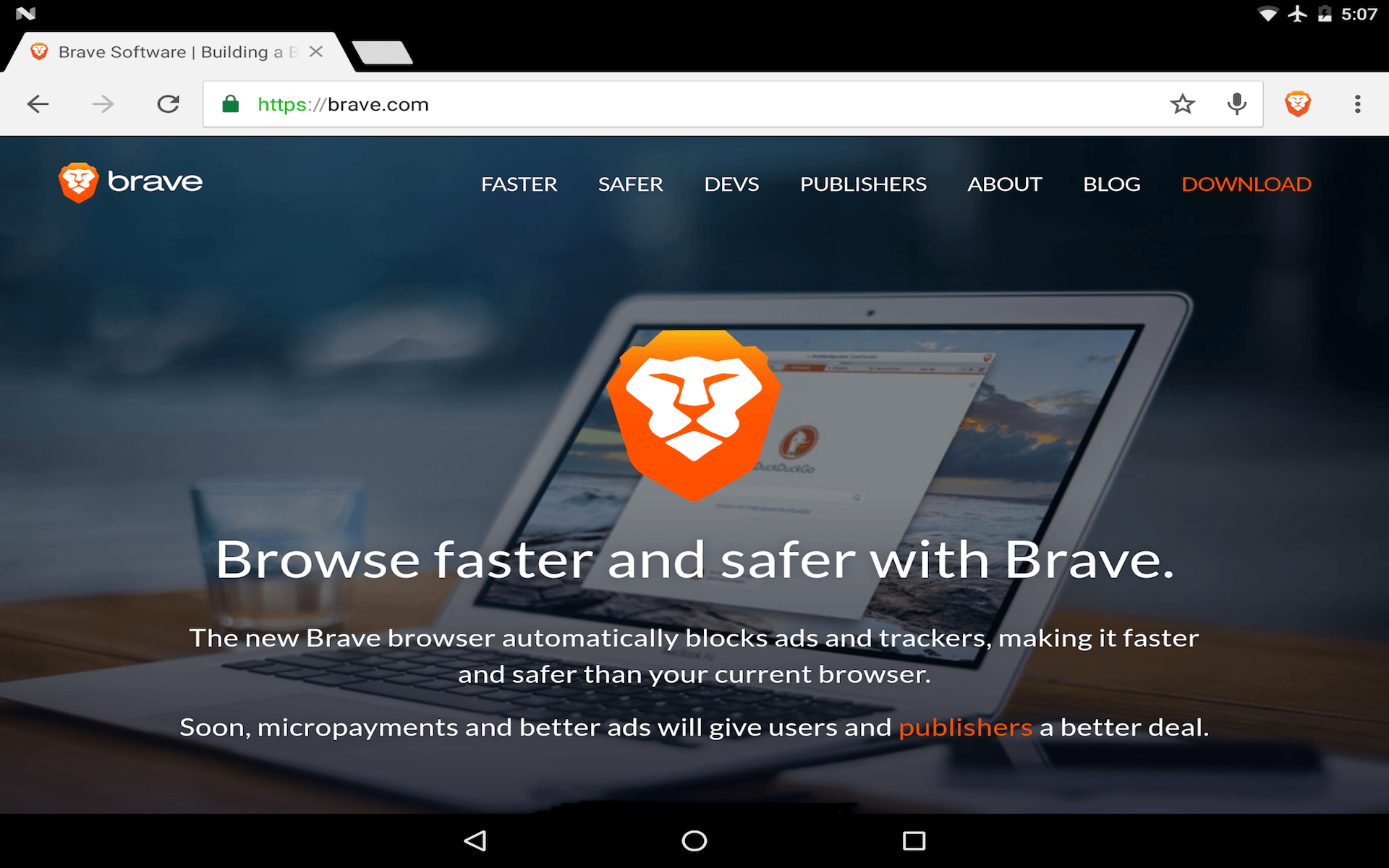

Then there is the more general trend of treating tokens like these as investments where the value gets driven up and, appears to me, detached from any sense of underlying value. Now if they start to be used in some enforceable way such as in a DRMd display then this would be a form of underlying value but why not use a non DRMd display? If it’s anything like movies and music then the answer probably revolves around convenience and risk. It just doesn’t seem like digital art tokens are providing much value. One might argue that these tokens help pay artists but 1) if that’s all one cares about then donating to them directly will give them more money since transaction fees are cheaper and 2), I haven’t looked into this directly, but it would seem token resale fees given to artists are not enforceable since they could be worked around by having a holding contract that gets traded instead. I’m of the opinion that tokens when applied to digital art typically aren’t providing much value, aside from say bragging rights / social status since digital art can be copied and viewed without owning the token. I’m not the parent but I have some thoughts on this. This all seems like very normal human stuff to me. “Just like wine, the older it gets the more valuable it becomes.” “After getting one for $100, it’s helped my business grow.” > “It helps me with marketing the company,” he said. “If I call them from a regular number, they wouldn’t answer my call, but when they see this number, they can’t ignore it because they know a VIP is calling them.” If your Twitter username is “This number gives the impression that I am distinguished, which helps me get business, especially among officials in the state ministries who I am dealing with,” he said. Squatting domain names comes to mind, but also registering your nickname first on whatever the next hot tech service is. After all, your business exists in NYC!Īlso every possible analog of vanity phone numbers that I can think of has been wildly successful. That was true because it created the appearance of doing business in NYC, which meant you must be important.
#Is brave browser safe for crypto code#
It used to be that having a 212 area code number was very prestigious. This has been true since the invention of the telephone.

Vanity phone numbers aren't a terrible comparison to the current NFT art craze.īut also, vanity phone numbers have been popular for as long as I can remember, in every location around the world. > phone numbers are useful, but vanity phone numbers definitely aren't solving any problems other than proving you have one

These technologies enable new businesses to exist, like Uniswap. I'm also excited about webrtc and webauthn. NFTs are a technical detail, but they're exciting. I suppose there might be some genuinely useful or interesting non-fungible blockchain tokens, but entries on a ledger that say you own a jpeg or whatever are not any more interesting than entries in ISR's Genevan vault. The equivalent of email here is the blockchain ledger technology, the equivalent of Nigerian email scams are NFTs. These blockchain NFTs just make it easier for people who don't have the infrastructure of a company like the ISR to share one big ledger and dump whatever they want on there and call it an NFT. Really, both products are just selling a story- a physical ledger in a vault in Geneva in the first instance, now updated to be an entry on a distributed ledger. Whether that's any better than the ISR's legacy offering (a certificate and an entry in their own ledger) is up to you. No, NFTs seem like a scam on the order of "buying a star".īut good news! You can also get your star registered on the blockchain now.


 0 kommentar(er)
0 kommentar(er)
